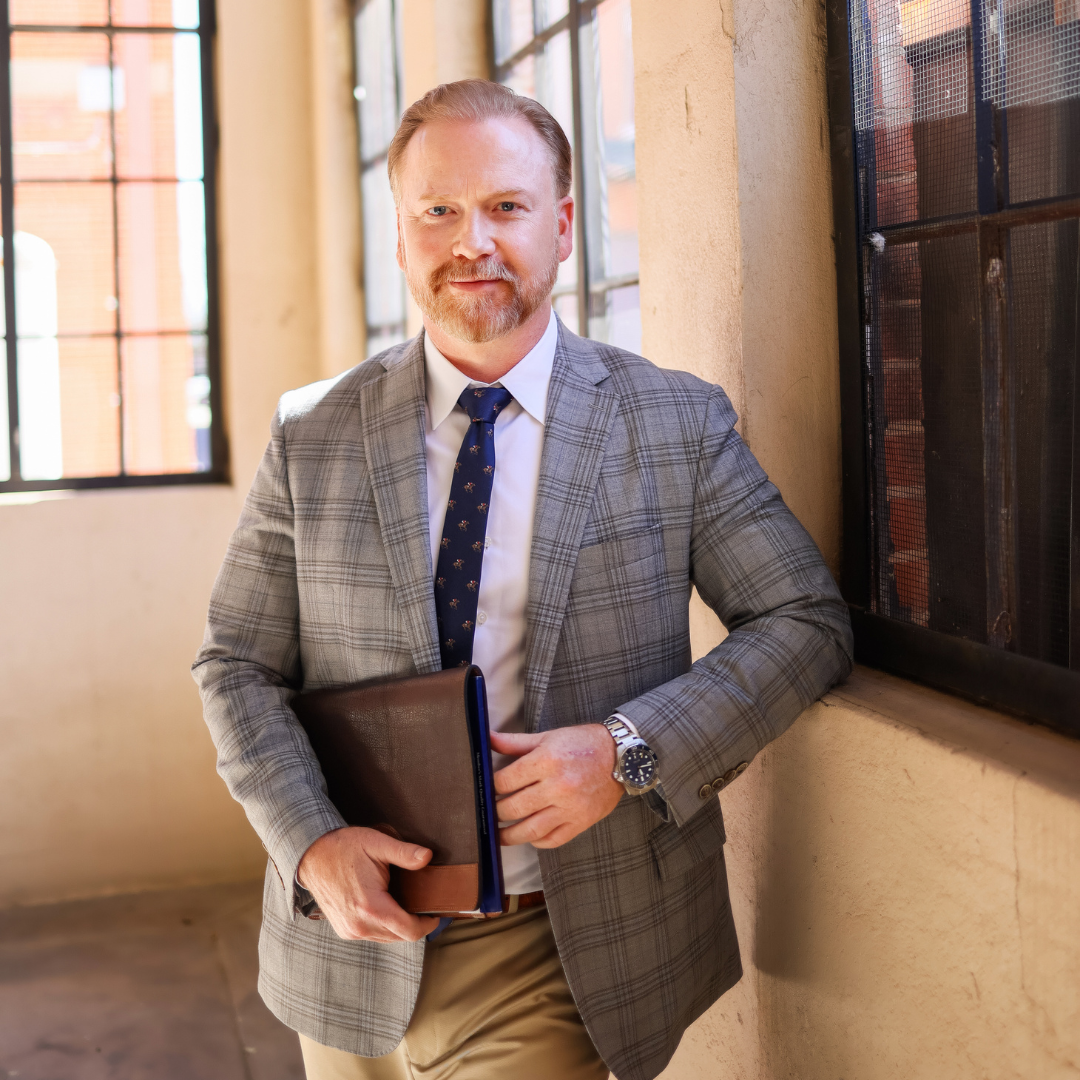Concealed weapons offenses can bring significant criminal penalties, and anyone who owns a firearm or wants to carry one must understand them.
In this article, we will delve into the specifics of concealed weapons offenses, including what they entail, the penalties you might face, how the legal system treats these cases, and why you need to hire a qualified attorney for your defense.
What Is a Concealed Weapon?
A concealed weapon generally refers to a firearm or other weapon that a person hides from view. This could involve carrying a firearm under your clothing or in a bag. The definition of a weapon can vary but typically includes firearms, knives, and other items capable of causing harm.
The laws surrounding concealed weapons can differ significantly from state to state and even from one municipality to another. In many places, you must obtain a concealed carry permit or license before you can legally carry a concealed weapon. This process often involves background checks, completing a training course, and submitting a detailed application.
Permits and Regulations
Here are the regulations for obtaining a concealed carry permit:
- Application Process: To obtain a concealed carry permit, you typically must complete an extensive application. This may require personal information, proof of residency, and details about any past legal issues. The application process ensures that only responsible individuals can carry concealed weapons.
- Background Checks: Most states mandate a thorough background check before issuing a permit. This check often investigates felony convictions, domestic violence charges, or mental health issues that could disqualify you from obtaining a permit.
- Training Requirements: Many jurisdictions require applicants to complete a firearms training course that covers safe handling of firearms, state laws regarding gun ownership, and defensive shooting techniques.
- Renewal and Revocation: Concealed carry permits typically require periodic renewal, which may involve additional background checks and training. Permits can also be revoked for various reasons, including legal infractions or changes in mental health status.
Types of Concealed Weapons Offenses
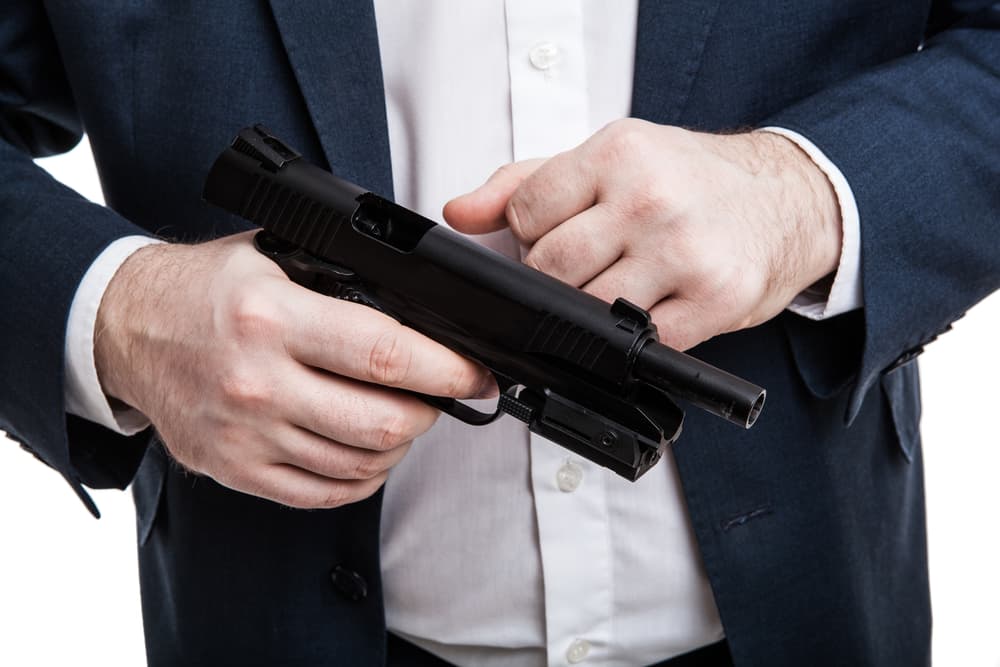
Concealed weapons offenses can take many forms depending on the circumstances surrounding the carrying of the weapon. Anyone considering carrying a concealed weapon must understand these different offenses.
1. Carrying Without a Permit
One of the most common offenses is carrying a concealed weapon without a valid permit. Local laws may treat this as a serious misdemeanor or even a felony. Penalties can include fines, community service, probation, and jail time.
2. Improper Use of a Concealed Weapon
Improper use includes brandishing a weapon in a threatening manner or using it in a way that endangers others. This offense can escalate from a misdemeanor to a felony, especially if you allegedly use the weapon during the commission of another crime.
3. Carrying in Prohibited Areas
Certain locations are designated as off-limits for carrying concealed weapons.
Common prohibited areas include:
- Schools: Many states have strict laws against carrying weapons on school grounds.
- Government Buildings: Courts, city halls, and other government facilities often prohibit firearms.
- Private Property: Business owners can prohibit concealed weapons on their premises.
Carrying a concealed weapon in these areas can lead to criminal charges, which may vary in severity based on the location and circumstances.
4. Violation of Permit Conditions
Many states impose specific conditions on concealed carry permits. These conditions may include restrictions on where you can carry your weapon or requirements for notifying law enforcement during interactions, such as traffic stops.
Violating these conditions can lead to penalties, including revoking your permit.
5. Possession of an Unregistered Firearm
In jurisdictions that require firearm registration, carrying a concealed weapon that is not properly registered can result in significant legal consequences. Local laws may treat this offense as a misdemeanor or felony.
Penalties for Concealed Weapons Offenses
The penalties for concealed weapons offenses can vary significantly based on the nature of the offense, the jurisdiction, and your prior criminal history. You need to understand these penalties if you face charges or want to carry a concealed weapon.
Misdemeanor Charges
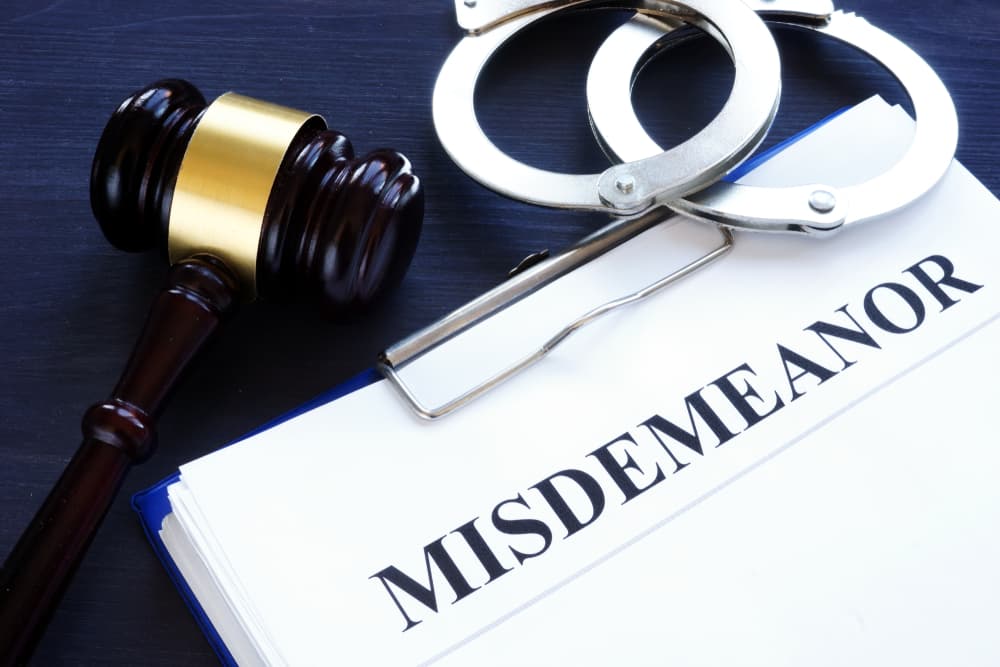
For less severe offenses, such as carrying without a permit or carrying in a prohibited area, you may face misdemeanor charges.
The penalties can include:
- Fines: These can range from a few hundred to several thousand dollars.
- Community Service: Courts may require you to complete a certain number of community service hours.
- Probation: Instead of serving jail time, the court may place you on probation, which often includes regular check-ins with a probation officer and adherence to specific conditions.
- Short Jail Sentences: In some cases, you may face brief jail sentences, typically less than a year.
Felony Charges
More serious offenses, such as improper use of a concealed weapon or possession of an unregistered firearm, can result in felony charges. The severe consequences may include:
- Significant Fines: Felony fines can reach thousands of dollars.
- Longer Prison Sentences: Felony convictions can lead to years of imprisonment, sometimes exceeding five years.
- Permanent Criminal Record: A felony conviction can damage employment opportunities and your ability to own firearms in the future.
- Loss of Rights: If convicted of a felony, you may lose your rights to vote, serve on a jury, and possess firearms.
Enhanced Penalties
In some cases, aggravating factors can enhance penalties, such as:
- Prior Criminal History: If you have previous convictions, you may face harsher penalties.
- Use of the Weapon During Another Crime: If you allegedly used the concealed weapon while committing another crime, such as robbery or assault, the penalties can significantly increase.
How the Legal System Treats Concealed Weapons Offenses
Several factors, including the specifics of your case, the jurisdiction, and your legal representation, can influence the legal system’s treatment of concealed weapons offenses.
Pre-Trial Considerations
Once you are charged with a concealed weapons offense, you may have several options to consider.
An attorney can help you navigate these options effectively.
- Plea Bargains: Many concealed weapons cases can be resolved through plea negotiations, where you may agree to plead guilty to a lesser charge in exchange for a reduced sentence. This can be particularly beneficial if you are seeking to minimize the impact of a conviction on your life.
- Diversion Programs: Some jurisdictions offer diversion programs that allow first-time offenders to complete specific requirements, such as community service or counseling, in exchange for dropping the charges.
Trial Proceedings
If your case goes to trial, the prosecution has the burden of proof to demonstrate that you committed the offense beyond a reasonable doubt.
Key elements often include:
- Evidence: This may include witness testimony, surveillance footage, and any physical evidence related to the offense.
- Defense Strategies: Your attorney may employ various strategies, such as arguing that an unlawful search led to the weapon's discovery or asserting that you had a legitimate reason for carrying the weapon.
Sentencing and Appeals
After a conviction, the judge will determine the appropriate sentence based on the severity of the offense, your prior criminal history, and any mitigating or aggravating circumstances.
- Sentencing Options: Judges have discretion in sentencing and may impose fines, probation, or prison time, depending on the specifics of your case. In some instances, alternative sentencing options, such as rehabilitation programs, may be available.
- Appeals Process: If convicted, you may appeal your conviction. Grounds for appeal may include procedural errors during the trial, incorrect application of the law, or new evidence that was not available during the original trial.
Why You Should Hire a Lawyer
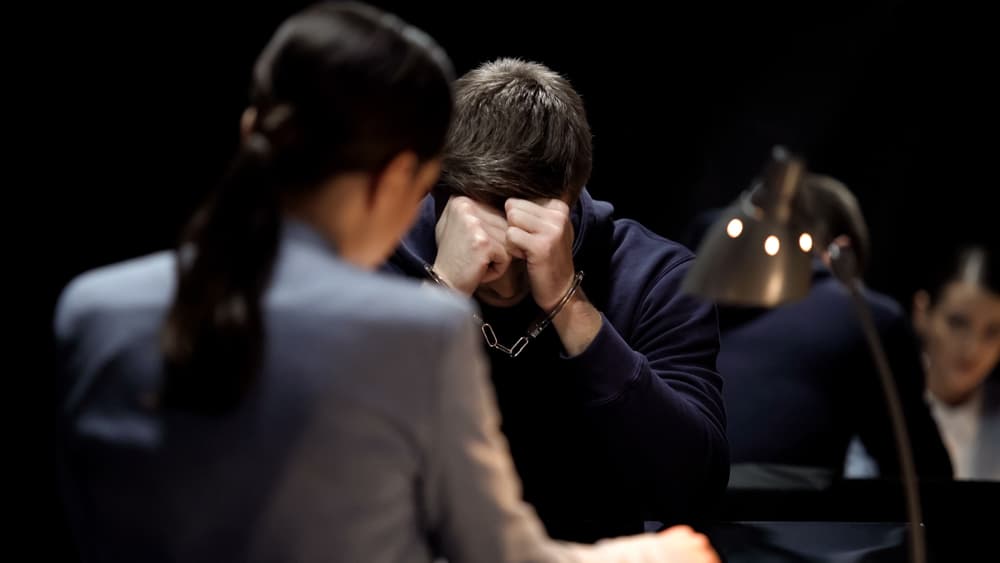
Navigating the legal complexities surrounding concealed weapons offenses can be overwhelming, and an experienced attorney can significantly improve the outcome of your case. Here are several reasons to consider hiring legal representation:
1. Understanding of the Law
A lawyer will have a comprehensive understanding of the specific laws and regulations governing concealed weapons in your jurisdiction. You need a lawyer with this knowledge to identify potential defenses and mitigating factors that could benefit your case.
2. Effective Defense Strategies
An attorney can craft a defense strategy tailored to the specifics of your situation. Whether it involves challenging the legality of the search that led to the weapon's discovery or asserting that you had a legitimate reason for carrying the weapon, having knowledgeable representation can make a substantial difference in your defense.
3. Negotiation Skills
Many concealed weapons cases can be resolved through negotiations with prosecutors. An attorney can effectively communicate on your behalf to seek reduced charges or alternative sentencing options, potentially leading to more favorable outcomes.
4. Emotional Support and Guidance
Facing criminal charges can be an emotionally taxing experience. An attorney can provide you with emotional support and guidance throughout the legal process, helping you understand your rights and options at every stage.
5. Protecting Your Rights
A lawyer will ensure that your rights are upheld throughout the legal process. They can advocate for you in court and during negotiations, ensuring that you receive fair treatment and that authorities properly handle any evidence against you.
Choosing the Law Offices of David White
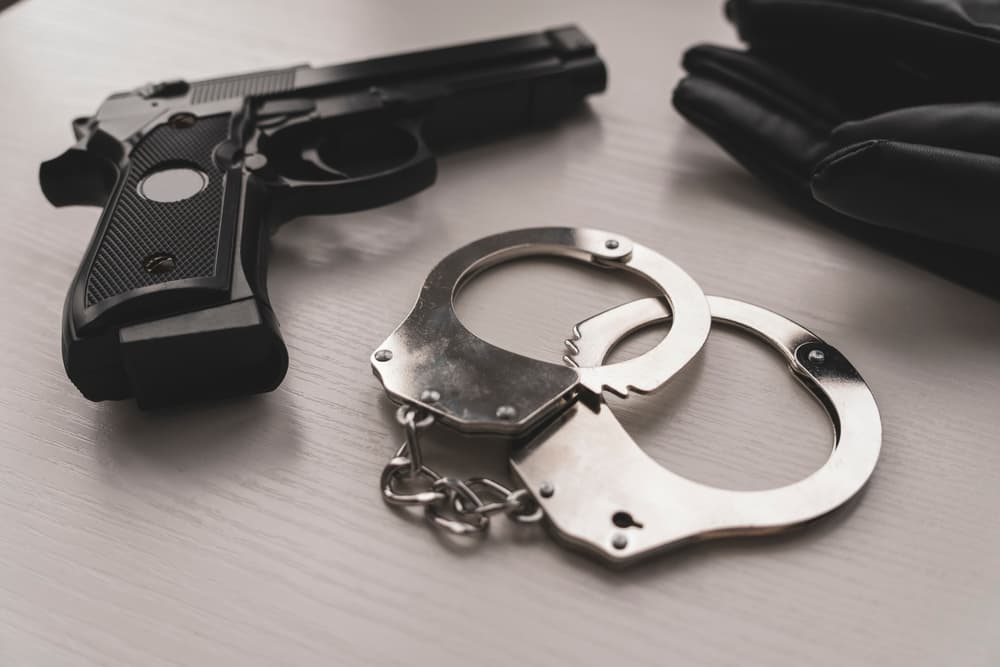
When it comes to selecting legal representation for a concealed weapons offense, choose a law firm that aligns with your needs and values.
The Law Offices of David White are committed to providing strong, personalized legal assistance for clients facing concealed weapons charges. Here are some reasons why you should consider this firm:
1. Personalized Attention
At the Law Offices of David White, we treat each case with the individual attention it deserves. We are dedicated to understanding the unique circumstances surrounding your case and crafting a defense strategy that aligns with your specific needs.
2. Thorough Preparation
We emphasize thorough preparation for every case, considering all aspects of your case and presenting the best possible defense. You need this meticulous approach to achieve a favorable outcome.
3. Commitment to Communication
Open communication is a cornerstone of the client-attorney relationship at the Law Offices of David White. You can expect regular updates and clear explanations of your case status, ensuring you remain informed throughout the legal process.
4. Community-Focused
We are deeply committed to serving the local community. We understand the impact that concealed weapons charges can have on individuals and families, and we strive to provide compassionate support throughout your legal journey.
5. Track Record of Success
While every case is unique, the Law Offices of David White have a history of successfully navigating concealed weapons cases. This track record reflects our dedication to fighting for your rights and achieving the best possible outcomes.
Don’t Take These Charges Lightly
Concealed weapons offenses are serious matters with lasting repercussions. Anyone facing such charges must understand the legal landscape surrounding them, the potential penalties, and the importance of legal representation.
If you are dealing with a concealed weapons offense, the Law Offices of David White are ready to provide dedicated support and guidance. You deserve protection, and with the right legal team, you can confidently navigate this challenging situation.
Contact Us for a Free Consultation
In navigating the complexities of concealed weapons offenses, you need knowledgeable legal representation, because you face severe consequences.
You need a reliable criminal defense lawyer who understands your rights and options.
At the Law Offices of David White, we are committed to explaining the nuances of your case and providing personalized legal support tailored to your needs. Don’t face concealed weapons charges alone. Contact us today to discuss your situation and explore your legal options.
